01 - An Analysis Of The Legal Framework Of International Refugee Protection System...
http://dx.doi.org/10.31703/gpr.2019(IV-I).0110.31703/gpr.2019(IV-I).01 Published : Mar 2019
-
The article aims to investigate the legal framework of refugee protection system at regional and international level, which starts with the modern history of refugee system that when fleeing people from one region to another were considered as refugees. It further explores steps that were taken at the initial moment and how such system developed at the international level. The legal protection alo... Details
-
Refugee, Protection, Legal Framework, Persecution, Regional, International.
-
(1) Muhammad Zubair
Associate Professor, Department of Law, Abdul Wali Khan University Mardan, KP, Pakistan.
(2) Muhammad Aqeel Khan
Assistant Professor, Department of Law, Abdul Wali Khan University Mardan, KP, Pakistan.
(3) Muzamil Shah
Superintendent, Department of Law, Abdul Wali Khan University Mardan, KP, Pakistan.
02 - Coverage of Cross Border Terrorism by Op-Ed of Global Press: A War and Peace Jou...
http://dx.doi.org/10.31703/gpr.2019(IV-I).0210.31703/gpr.2019(IV-I).02 Published : Mar 2019
-
This study is a content analysis of Op-rd from US, Chinese, Indian and Pakistani press. It is based on the war journalism frame and peace journalism frame devised by John Galtung. Convenient sampling method was used and each paragraph was taken as a unit of analysis. Statistical analysis was done using SPSS 20.0. The study checked the overall inclination of a countrys press with the perspective of... Details
-
War Journalism, Peace Journalism, Terrorism, India, Pakistan, Indo-Pak Conflict
-
(1) Tahir Mahmood
Assistant Professor, Department of Communication Studies, Bahauddin ZakariyaUniversity, Multan, Punjab, Pakistan
(2) Sumera Khalid
Lecturer, Department of Mass Communication, Lahore College for Women University (LCWU), Lahore, Punjab, Pakistan.
(3) Urwah Iftikhar
Lecturer, Department of Mass Communication, Lahore College for Women University (LCWU), Lahore, Punjab, Pakistan.
03 - Indo-China Rapprochement: Its Impacts on Regional Security of South Asia...
http://dx.doi.org/10.31703/gpr.2019(IV-I).0310.31703/gpr.2019(IV-I).03 Published : Mar 2019
-
India and China are now seeing each other as an opportunity rather than a threat. It has been observed that mutual mistrust remains on security and geostrategic issues making both wary of each other's military and economic growth. However, driven by the changing international trends, India and China recognized the need to cooperate for long term interests of regional and global peace and stability... Details
-
India, China, Rapprochement, South Asia, Regional Security Complex
-
(1) Naveed Anjum
PhD Scholar, Department of International Relations, International Islamic University, Islamabad, Pakistan.
(2) Zaheer Abbas
PhD Scholar, Department of International Relations, International Islamic University, Islamabad, Pakistan.
(3) Muhammad Shoaib Malik
Assistant Professor, Department of Pakistan Studies, National University of Modern Languages Islamabad, Pakistan.
04 - Apprenticeship to Power: Nature and Extent of Political Mentoring of Benazir Bhu...
http://dx.doi.org/10.31703/gpr.2019(IV-I).0410.31703/gpr.2019(IV-I).04 Published : Mar 2019
-
It has been claimed that Mr. Zulfikar Ali Bhutto, a leading politician and former president and prime minister of Pakistan, mentored his daughter Benazir Bhutto in politics since her childhood. The present study was carried out to explore the nature and extent of political mentoring accorded to Benazir Bhutto by her father. It highlights three modes of mentoring employed by her father and evaluate... Details
-
Benazir Bhutto, Zulfikar Ali Bhutto, Pakistan People Party, Democracy, Dictatorship, Pakistan, Mentoring
-
(1) Muhammad Ali Shaikh
Vice Chancellor, Department of Media Studies and Communication Studies, Sindh Madressatul Islam University, Karachi, Pakistan.
(2) Stephen John
Associate Professor, Department of Education, Sindh Madressatul Isl am University, Karachi, Pakistan. Email: stephen_blessed@yahoo.com
(3) Hamida Zafar
Professor, Department of Education, Jinnah University for Women Karachi, Pakistan.
05 - Environmental Degradation and Patterns of Human Migration Evidence from South As...
http://dx.doi.org/10.31703/gpr.2019(IV-I).0510.31703/gpr.2019(IV-I).05 Published : Mar 2019
-
This paper is about how and by what ways climate change affects human migration. The world at large is expected to face crises of dual nature. In the first place, excessive fossil fuel consumption would result in environmental degradation. Among others, people would be faced with serious food crises as well as reduced income. In the wake of environmental change, people will migrate in search of be... Details
-
Climate Change, Environmental Degradation, Migration, Asia, Floods
-
(1) Ayaz Ali Shah
Lecturer, Department of Political Science, AWKUM, KP, Pakistan.
(2) Muhammad Saleem
Associate Professor, Department of Law, Abdul Wali Khan University, Mardan, KP, Pakistan.
(3) Tila Mohammad
M.Phil Scholar, Department of Political Science, Abdul Wali Khan University, Mardan, KP, Pakistan.
06 - Pakistan's General Elections of 2018: Representation of Economic Issues and Orie...
http://dx.doi.org/10.31703/gpr.2019(IV-I).0610.31703/gpr.2019(IV-I).06 Published : Mar 2019
-
In a democratic society, mass media and political system have a strong bond with each other. Big media powerhouses attempt to develop linkages with political parties for economic benefits. These parties' linkages with media houses may have affected news items' representation of issues from both positive and negative reporting angles. An eminent scholar of agenda-setting through McCombs et al. (199... Details
-
News Representation, Agenda Setting, Political Parties, Elections, Pakistan
-
(1) Muhammad Qasim Nizamani
Assistant Professor, Department of Media & Communication Studies, University of Sindh, Jamshoro, Sindh, Pakistan.
(2) Farheen Qasim Nizamani
Assistant Professor, Department of Media & Communication Studies, University of Sindh, Jamshoro, Sindh, Pakistan.
(3) Sikandar Hussain Soomro
Assistant Professor, Department of Economics, University of Sindh, Jamshoro, Sindh, Pakistan.
07 - Governance and Recurrent Military Takeover Prospects: A Case Study of Pakistan...
http://dx.doi.org/10.31703/gpr.2019(IV-I).0710.31703/gpr.2019(IV-I).07 Published : Mar 2019
-
Civil-military relations in developing countries are at the heart of a central concern of democracy. In Pakistan, the same has not only been turbulent throughout our history; it has also been an uneasy relationship with frequent military interventions. However, in Pakistan military has come to identify itself with the state rather than just one of the key components of a constitutional state. The ... Details
-
Civil-military relations, Democracy, Interventions, Agency theory,
-
(1) Shaukat
Lecturer, Department of Political Science, AWKUM, KP, Pakistan.
(2) Zahir Shah
Assistant Professor, Department of Political Science, AWKUM, KP, Pakistan.
(3) Afzaal Amin
MPhil. Scholar, Department of Political Science, AWKUM, KP, Pakistan.
08 - Integration of the Self: A Jungian Study of Mystical Experiences in Herman Hesse...
http://dx.doi.org/10.31703/gpr.2019(IV-I).0810.31703/gpr.2019(IV-I).08 Published : Mar 2019
-
This paper aims at juxtaposing the Buddhist notion of enlightenment with the Jungian concept of individuation. It attempts to explore how the dissolving of ego and approaching the subliminal consciousness in the path of self-realization stand parallel to Jung's idea of dismantling one's persona and connecting with the self, respectively. Siddhartha's journey towards enlightenment offers a psycholo... Details
-
Mysticism, Mystical Experience, Individuation, Archetypes, The Collective Unconscious
-
(1) Muhammad Imran
Assistant Professor, Department of English, Government College Havelian Abbottabad, KP Pakistan.
(2) Adil Khan
Lecturer, Department of Pakistan Studies, Hazara University, Mansehra, KP, Pakistan.
(3) Nazakat
Lecturer, Department of English, Hazara University, Mansehra, KP, Pakistan.

 Volume XI, Issue I (Winter 2026)
Volume XI, Issue I (Winter 2026)  Volume X, Issue IV (Fall 2025)
Volume X, Issue IV (Fall 2025) 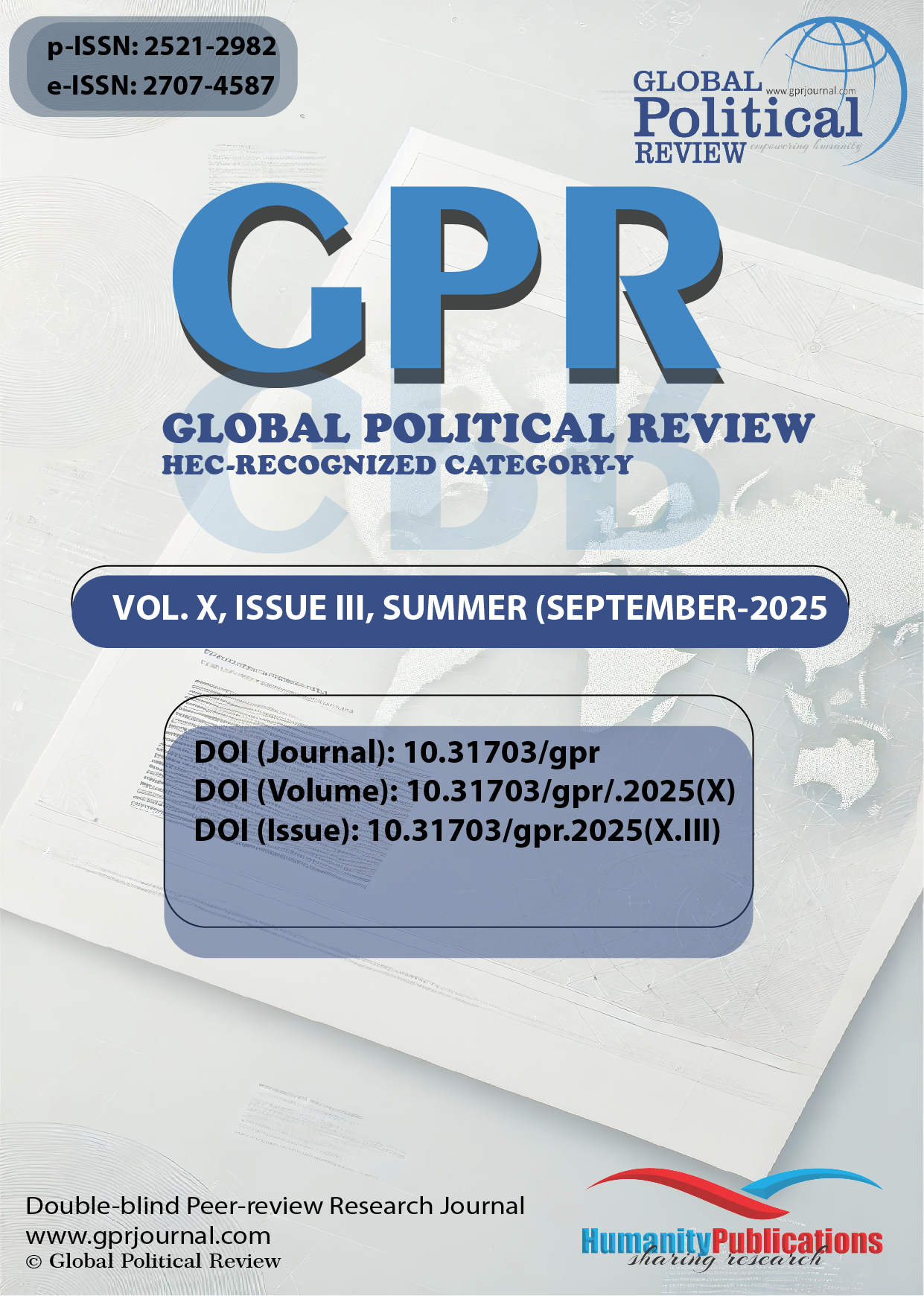 Volume X, Issue III (Summer 2025)
Volume X, Issue III (Summer 2025) 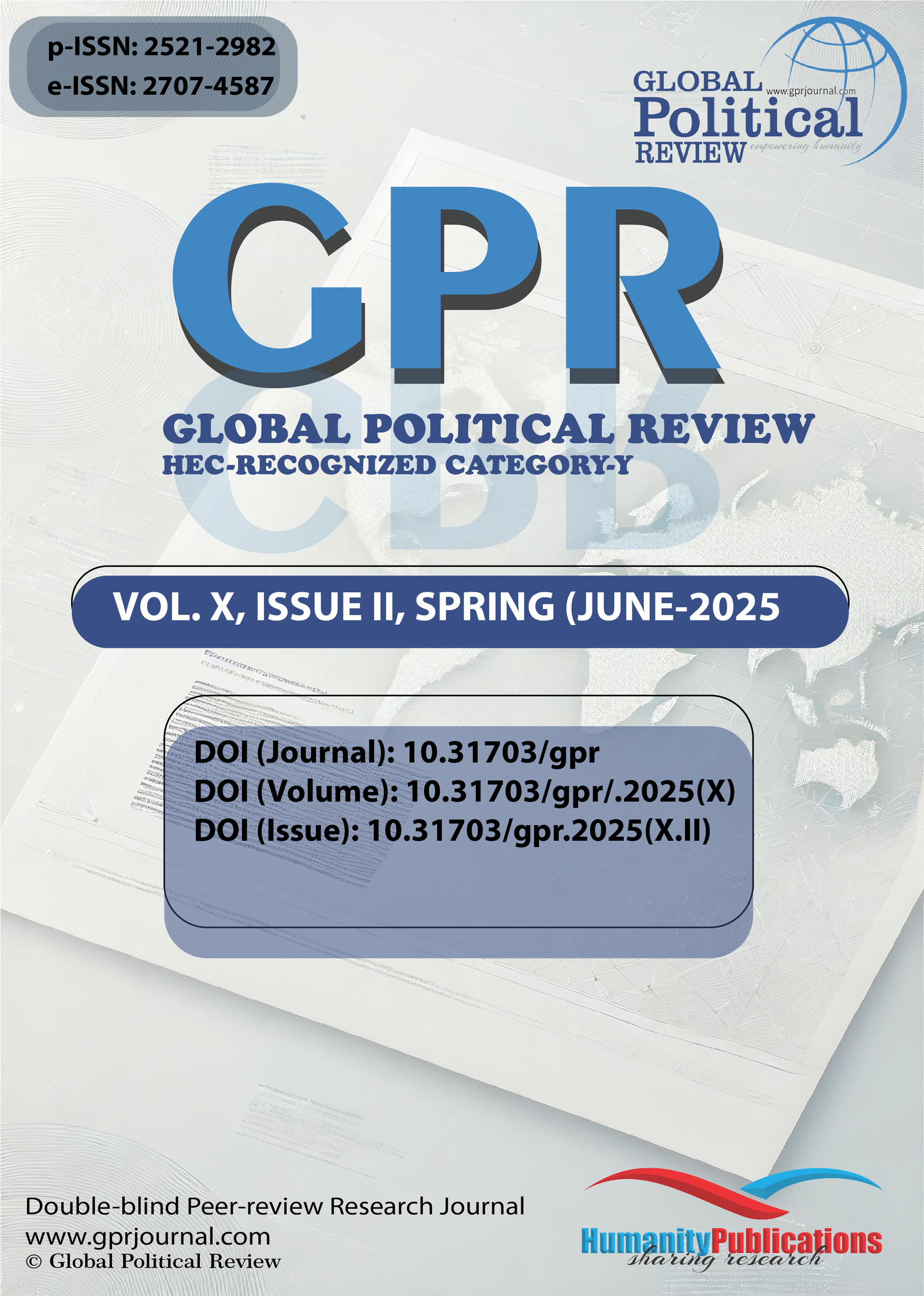 Volume X, Issue II (Spring 2025)
Volume X, Issue II (Spring 2025)  Volume X, Issue I (Winter 2025)
Volume X, Issue I (Winter 2025)  Volume IX, Issue IV (Fall 2024)
Volume IX, Issue IV (Fall 2024)  Volume IX, Issue III (Summer 2024)
Volume IX, Issue III (Summer 2024)  Volume IX, Issue II (Spring 2024)
Volume IX, Issue II (Spring 2024)  Volume IX, Issue I (Winter 2024)
Volume IX, Issue I (Winter 2024) 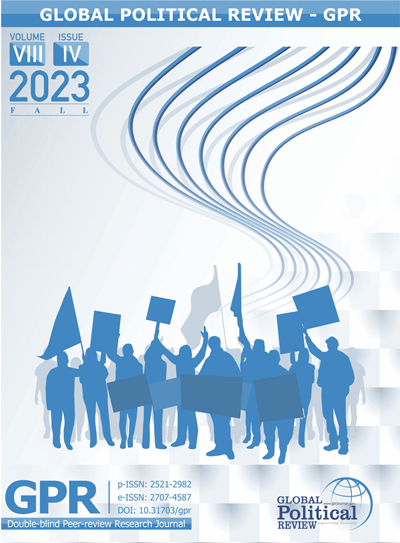 Volume VIII, Issue IV (Fall 2023)
Volume VIII, Issue IV (Fall 2023)  Volume VIII, Issue III (Summer 2023)
Volume VIII, Issue III (Summer 2023)  Volume VIII, Issue II (Spring 2023)
Volume VIII, Issue II (Spring 2023) 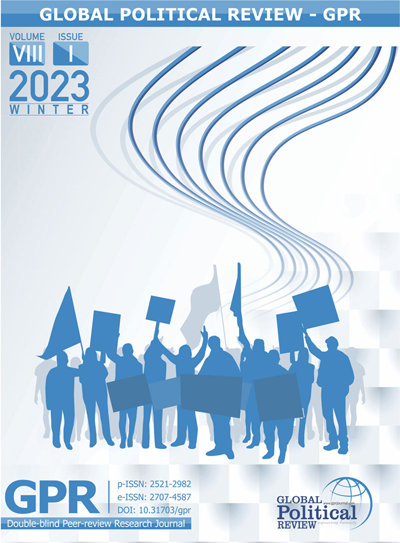 Volume VIII, Issue I (Winter 2023)
Volume VIII, Issue I (Winter 2023) 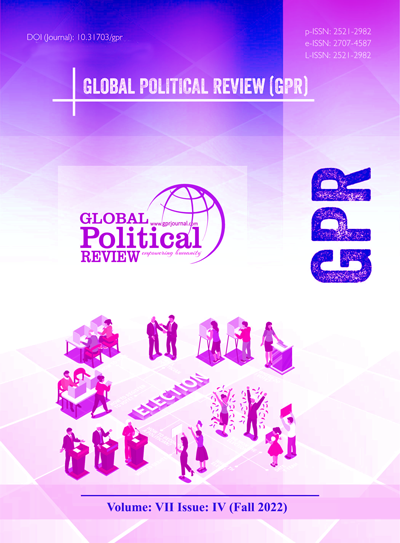 Volume VII, Issue IV (Fall 2022)
Volume VII, Issue IV (Fall 2022)  Volume VII, Issue III (Summer 2022)
Volume VII, Issue III (Summer 2022)  Volume VII, Issue II (Spring 2022)
Volume VII, Issue II (Spring 2022)  Volume VII, Issue I (Winter 2022)
Volume VII, Issue I (Winter 2022) 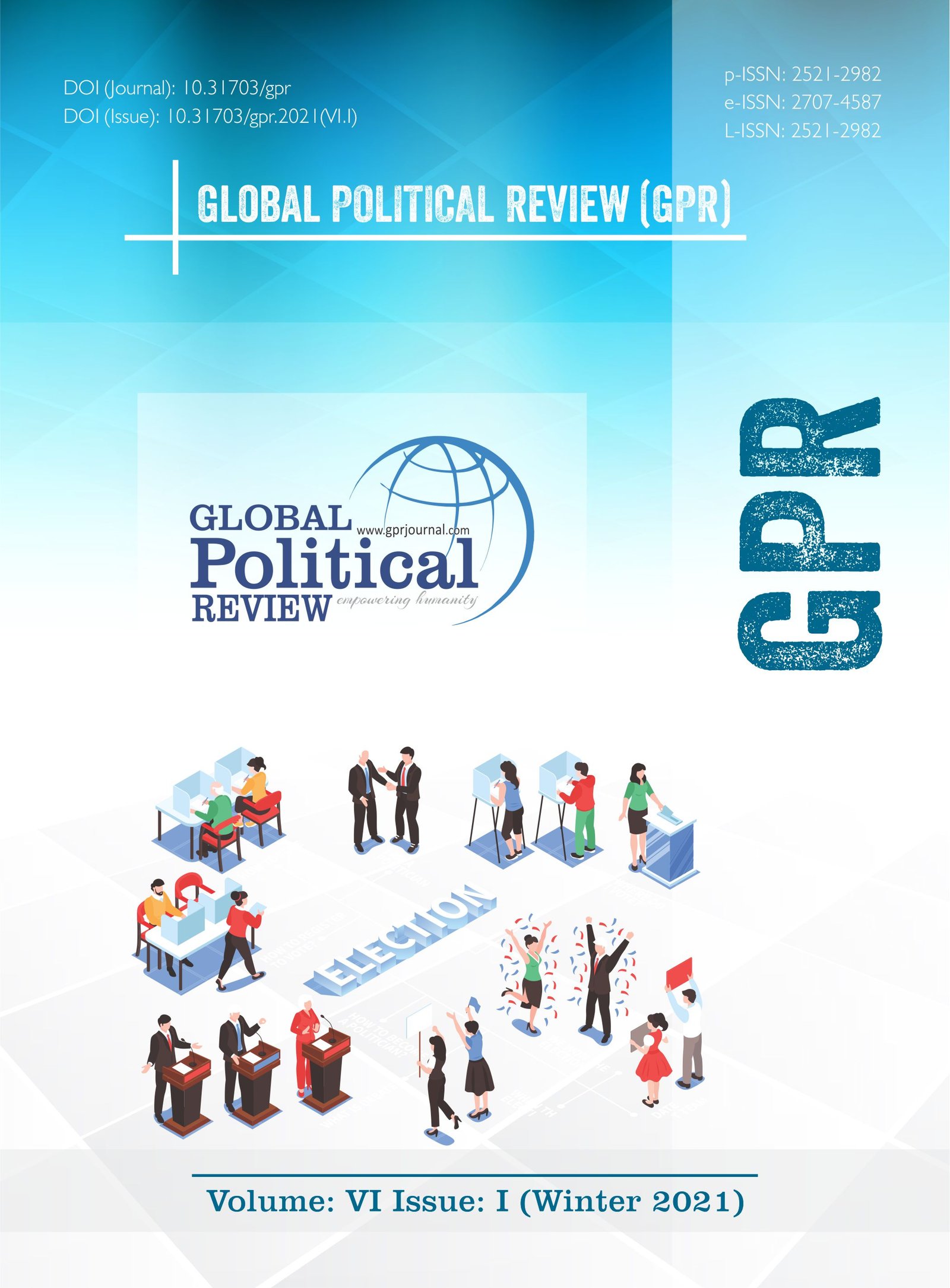 Volume VI, Issue IV (Fall 2021)
Volume VI, Issue IV (Fall 2021) 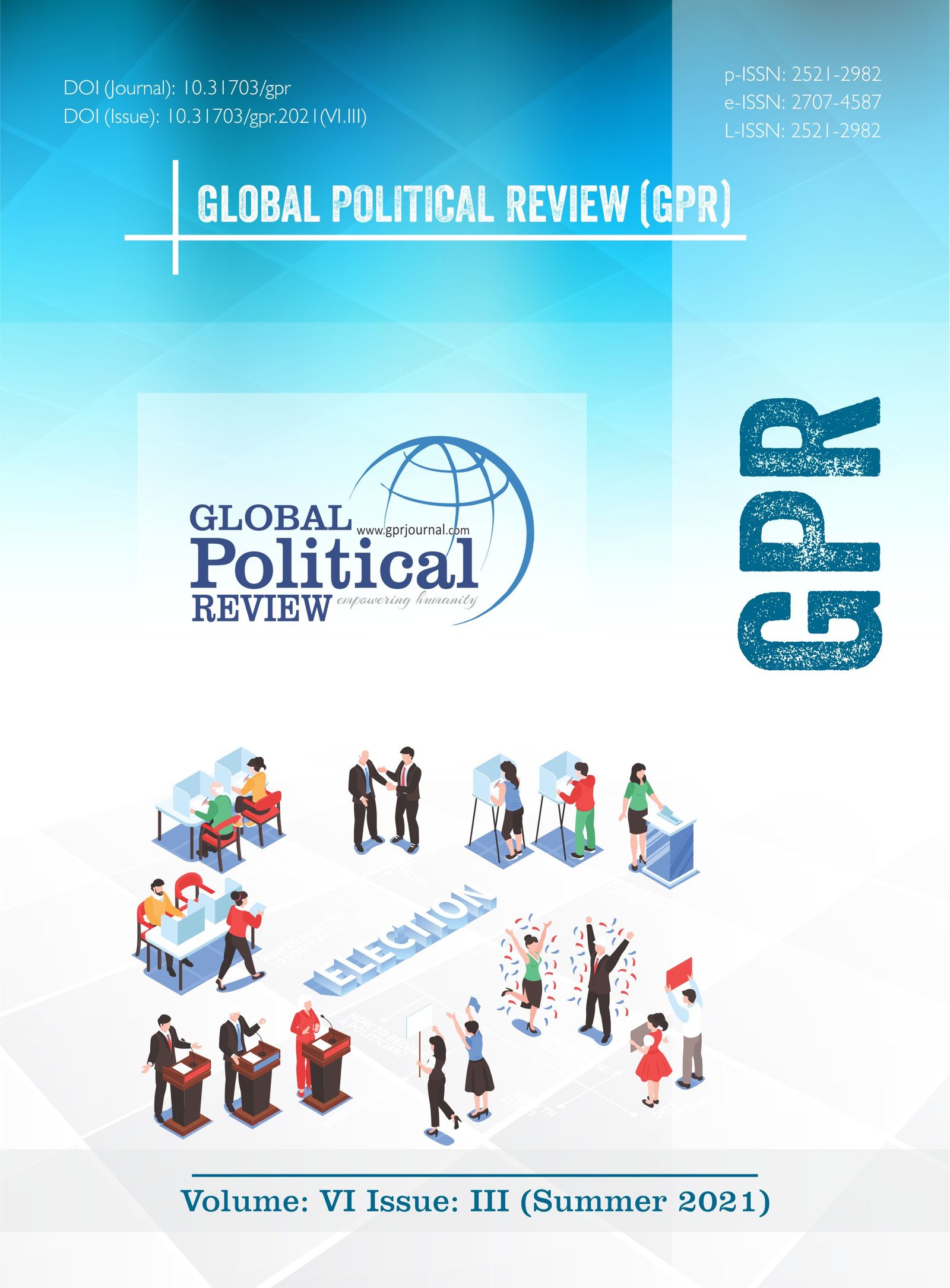 Volume VI, Issue III (Summer 2021)
Volume VI, Issue III (Summer 2021)  Volume VI, Issue II (Spring 2021)
Volume VI, Issue II (Spring 2021) 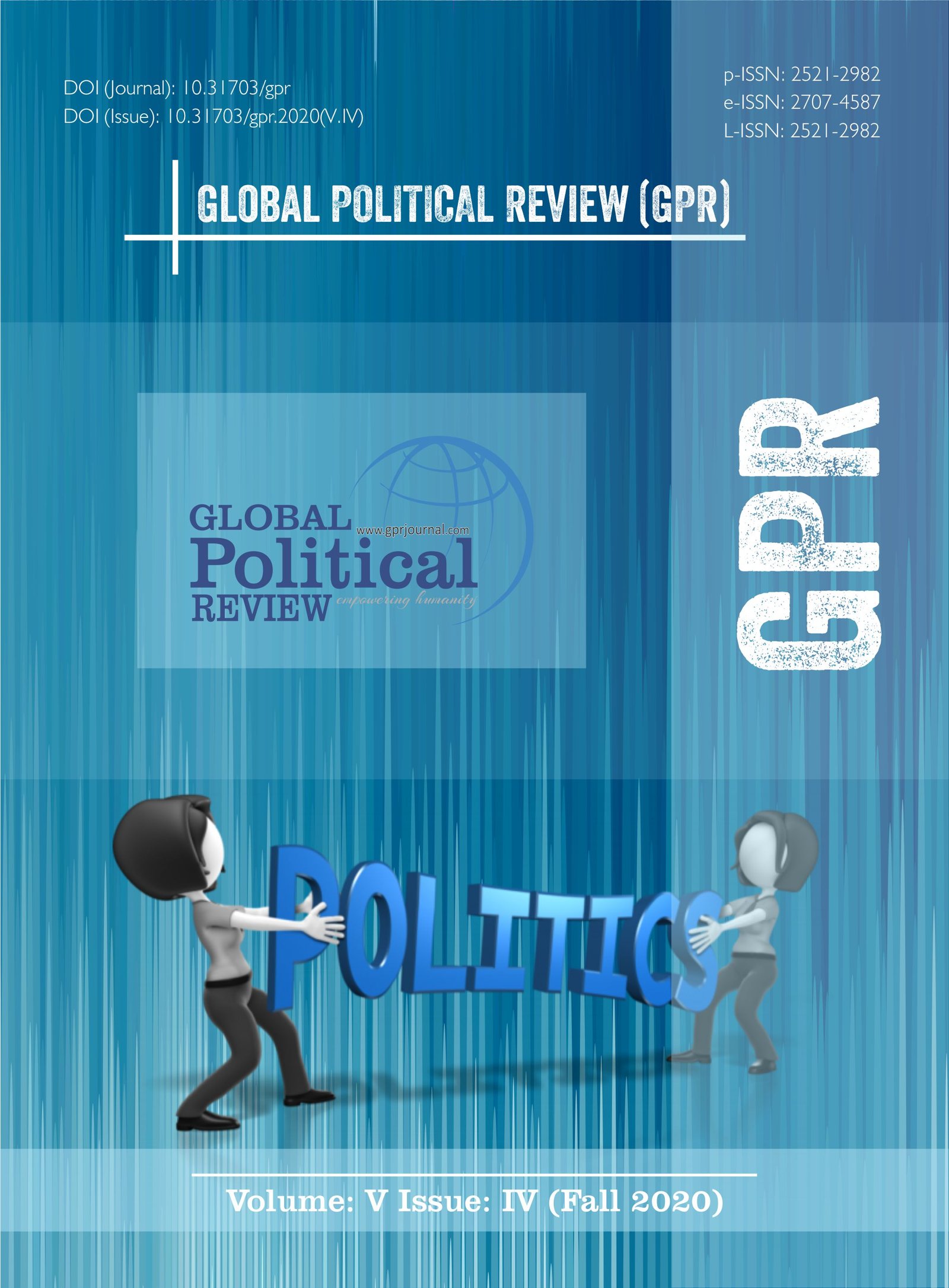 Volume V, Issue IV (Fall 2020)
Volume V, Issue IV (Fall 2020)  Volume V, Issue III (Summer 2020)
Volume V, Issue III (Summer 2020) 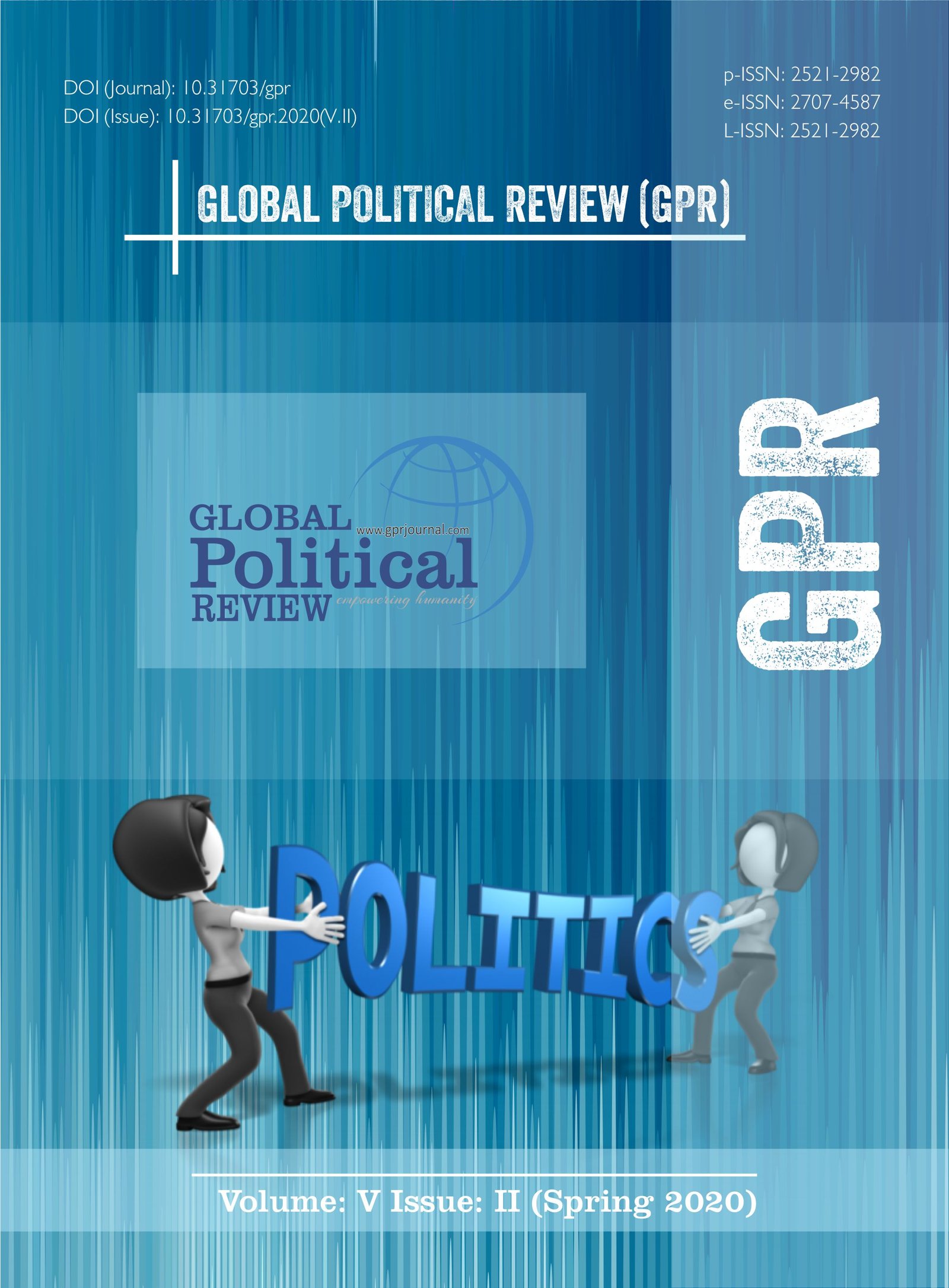 Volume V, Issue II (Spring 2020)
Volume V, Issue II (Spring 2020) 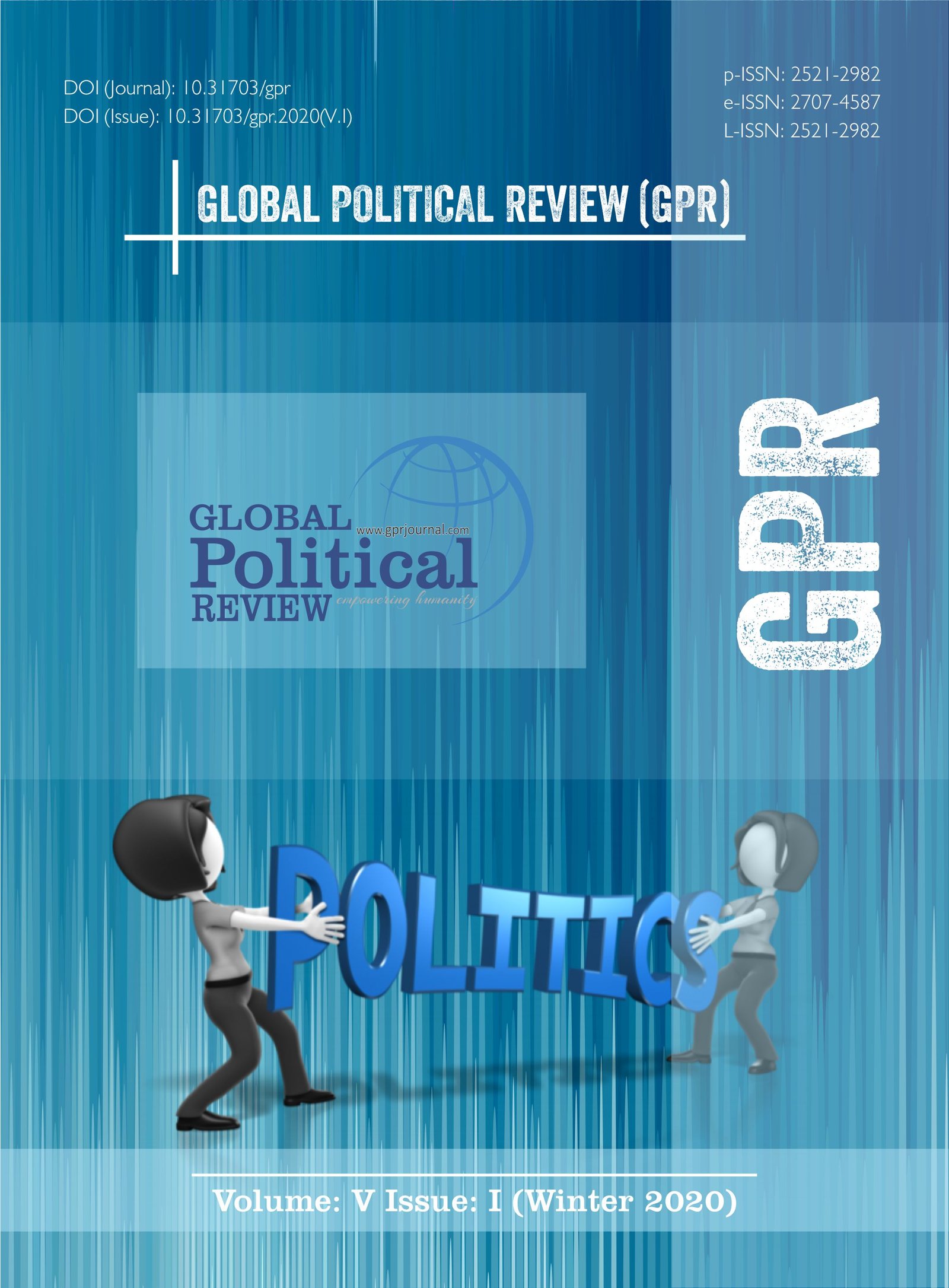 Volume V, Issue I (Winter 2020)
Volume V, Issue I (Winter 2020)  Volume IV, Issue IV (Fall 2019)
Volume IV, Issue IV (Fall 2019)  Volume IV, Issue III (Summer 2019)
Volume IV, Issue III (Summer 2019)  Volume IV, Issue II (Spring 2019)
Volume IV, Issue II (Spring 2019) 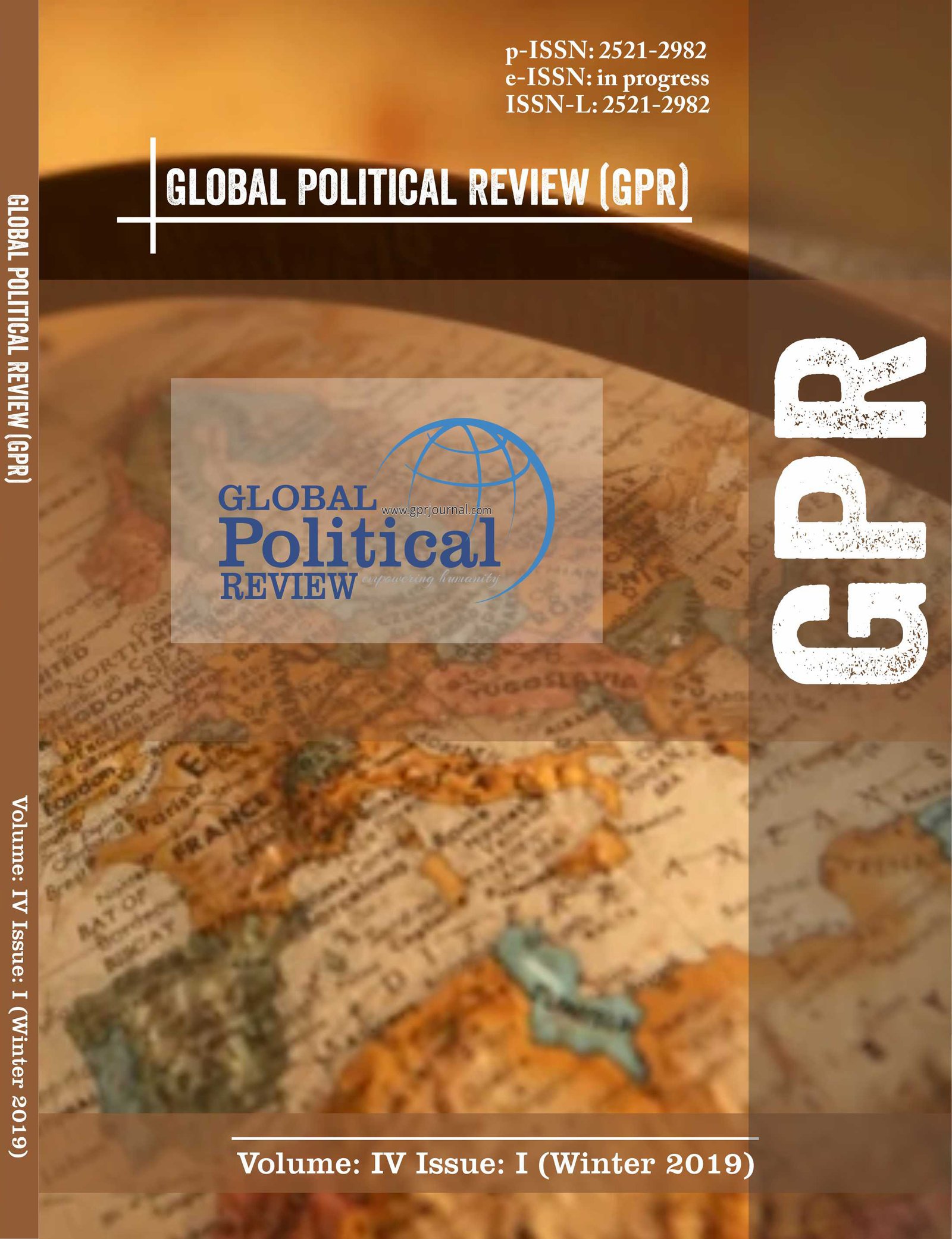 Volume IV, Issue I (Winter 2019)
Volume IV, Issue I (Winter 2019) 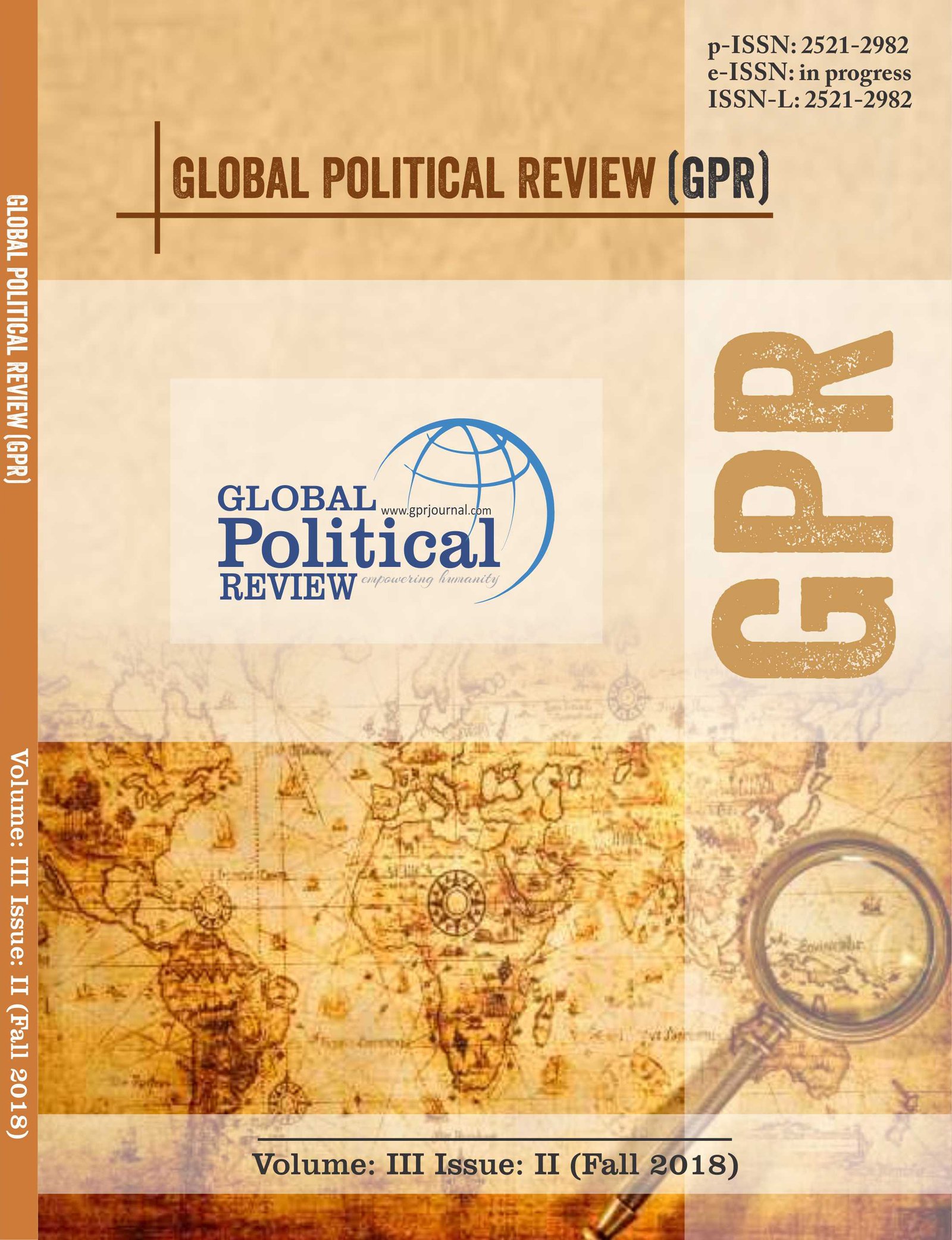 Volume III, Issue II (Fall 2018)
Volume III, Issue II (Fall 2018) 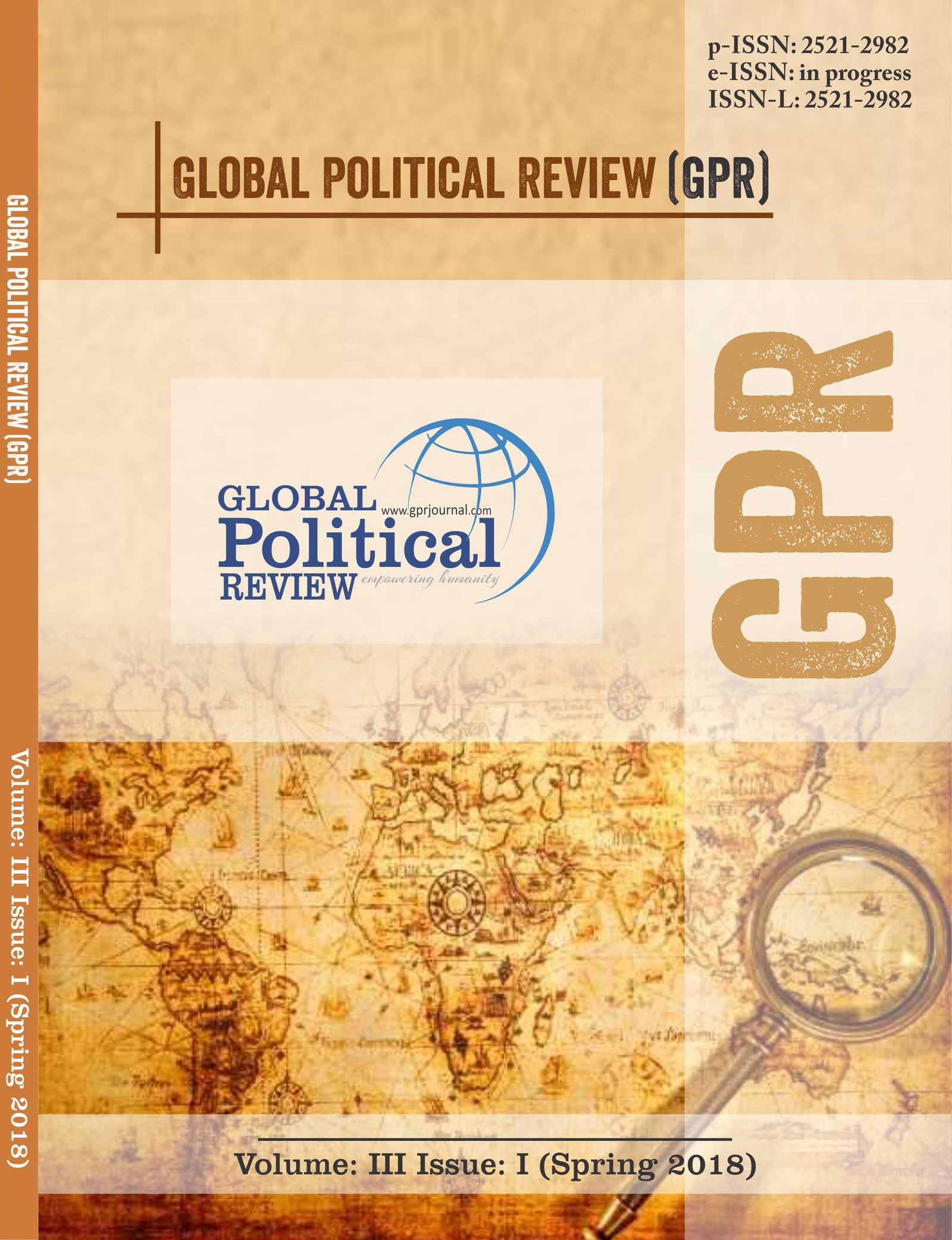 Volume III, Issue I (Spring 2018)
Volume III, Issue I (Spring 2018)  Volume II, Issue I (Fall 2017)
Volume II, Issue I (Fall 2017)  Volume I, Issue I (Fall 2016)
Volume I, Issue I (Fall 2016)